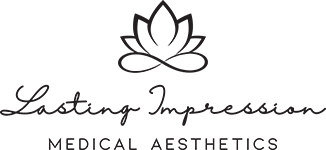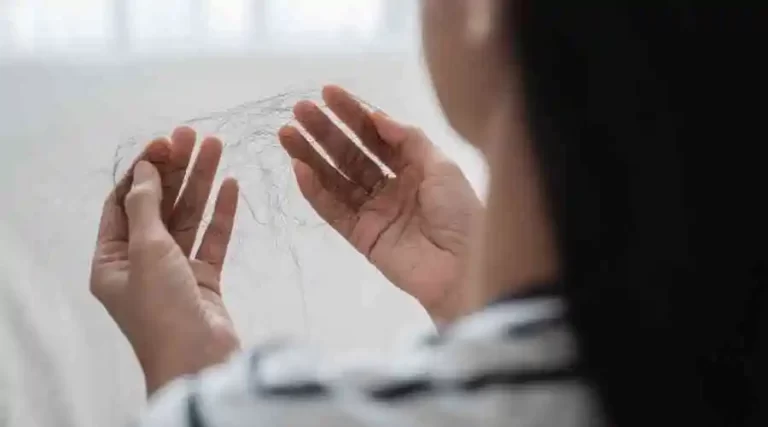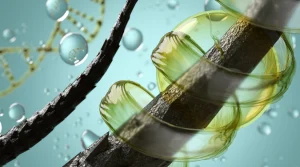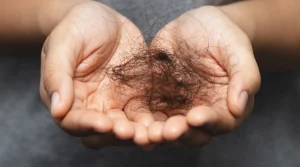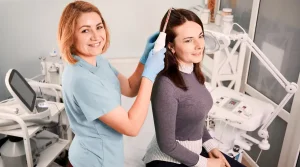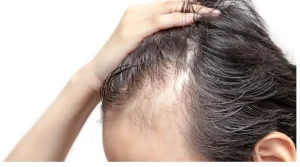Dandruff is one of the most frequent health issues in today’s environment. More than one-half of all people will be affected by it at some point in their lives.
Anti-dandruff shampoos typically contain selenium sulfide. Head & Shoulders and Neutrogena are famous brands that carry this product.
Despite its widespread use, this chemical’s toxicity has long been a source of controversy. Skin, hair, and nails are at risk, which is a considerable worry. Hair loss has been mentioned as an adverse effect.
Is this a valid concern? Using a shampoo containing selenium sulfide may harm your hair rather than improve it. Discover more by continuing to read.
More About Selenium Sulfide
It is an antifungal chemical molecule called Selenium sulfide (also known as Selenium disulfide). Many over-the-counter and prescription-strength antifungal medications contain it. This compound is made up of selenium and sulfur, as the name suggests.
Shampoo, cream, foam, lotion, and suspension are theme variations. The one percent strength is available over the counter. Higher concentrations, such as 2.5%, often necessitate a prescription from a physician.
Selenium sulfide. Selenium sulfide-containing products are being utilized by hundreds of millions of individuals around the world. It’s prescribed by tens of thousands of doctors every year.
Nevertheless, despite its widespread use, concerns about the chemical’s impact on human health have persisted. One possible negative effect is hair loss, which we’ll cover further below. But first, let’s look at its most apparent symptom: dandruff.
In What Ways Does It Fight Off Dandruff?
A person’s scalp and other body parts are constantly losing skin cells, but they are usually unseen. If you’ve ever noticed that your hair is covered in white, crusty “dandruff,” you’re right. They maintained a high degree of togetherness even after their deaths. One clump of hair came loose from the scalp at a time.
Dandruff is caused by a fungus called Malassezia, although no one knows for sure. This microbe, along with many other bacteria and fungus, is commonly found on the scalp. In dandruff, on the other hand, the fungi multiply unchecked, thereby displacing the scalp’s native flora.
We don’t know precisely how Malassezia causes our skin to itch or flake. They also believe that dandruff is caused by various additional variables, many of which are unknown. According to the experts, getting Malassezia under control is one of the best ways to manage dandruff.
Selenium sulfide is a potent antifungal that can control Malassezia. To combat dandruff, many popular shampoos include it as a component, such as:
- Selsun Blue
- Head & Shoulders
- Dandrex
- Selsun Blue
- And many more
Severe seborrheic dermatitis is also treated with selenium sulfide, which is commonly given for dandruff. Inflammation, redness, and itching of the scalp can all be alleviated with this remedy.
Hair & Health Benefits of Selenium Sulfide
Researchers have known for decades that selenium sulfide can adversely affect certain people’s skin and hair. Here are some of the negative consequences of taking this medication.
Discoloration of the Scalp
A fascinating set of case reports was published in 2011 by a team of St. Louis doctors. Selenium sulfide shampoos caused scalp darkening in some of their pediatric seborrheic dermatitis patients. A strange orange-brown hue had appeared on their scalps. Here are the pictures.
After discontinuing use, the children’s scalps were restored to their natural color.
Changes to the Color of Your Hair & Nails
Other times, selenium sulfide can change the color of your hair by directly affecting the hair follicle. After using selenium sulfide shampoos, several doctors have noticed that their patients’ hair becomes yellow or green. After patients stop using the medication, the hue can last for weeks or even months.
Other doctors have noticed that the color of their patients’ nails has shifted due to their treatment. To treat fungal skin problems, selenium sulfide ointments may be used.
Additional Effects
The altered scalp, hair, and nails we addressed earlier are rare. Selenium sulfide products are generally safe for most people.
Having stated that, just because no changes are observable does not mean that selenium sulfide is not working. High levels of selenium exposure may harm the nervous, hormonal, immunological, and reproductive systems. Additionally, liver and tooth damage has been reported.
Contact dermatitis, which includes redness and itching, is the most common adverse impact on the skin.
Where Does That Leave Us in the Case of Hair Loss?
Selenium has been shown to induce hair loss in high concentrations, particularly in those genetically predisposed to it.
This is usually a transient symptom that goes away as the patient stops being exposed to selenium. Selenium sulfide shampoos and occupational/environmental exposure are two ways this might occur.
The Shampoo Issue
Even one application of selenium sulfide had a deleterious effect on the hair roots of four individuals in 1960, according to an early investigation. Dysplasia and increased hair loss have been linked to shampoo use.
Six, nine, and twelve days after using the selenium sulfide shampoo, all four participants had higher dysplasia levels. Selenium-sulfide shampoo users experienced diffuse hair loss in a previous study. After the patients stopped using shampoo, the hair loss stopped in all cases.
Norman Orentreich, one of the world’s foremost dermatologists of the twentieth century, attempted to confirm these results in a follow-up study but failed.
Using a selenium sulfide-containing suspension, Orentreich and his team looked at the hair of patients compared to those in the control group. Neither of them differed from the other. A single application and extended exposure both showed this effect.
Conclusion
Hair loss has been linked to the use of selenium as a component in dandruff shampoos, at least for those who are taking large doses.
This effect may not be a concern for those with thick hair. Extreme loss of hair is the last thing anyone with male-pattern baldness wants to cope with.
Is selenium sulfide something you should avoid?
If you’re reading this, you’re probably dealing with hair loss. It makes sense to avoid selenium sulfide as a dandruff treatment when so many other solutions are available.
You should only use a selenium sulfide shampoo for a short time if you decide to do so. It is possible to design an anti-dandruff regimen with the help of your doctor.
Doctors should be notified if you detect changes in your skin, nails, or hair while using a selenium sulfide shampoo.
